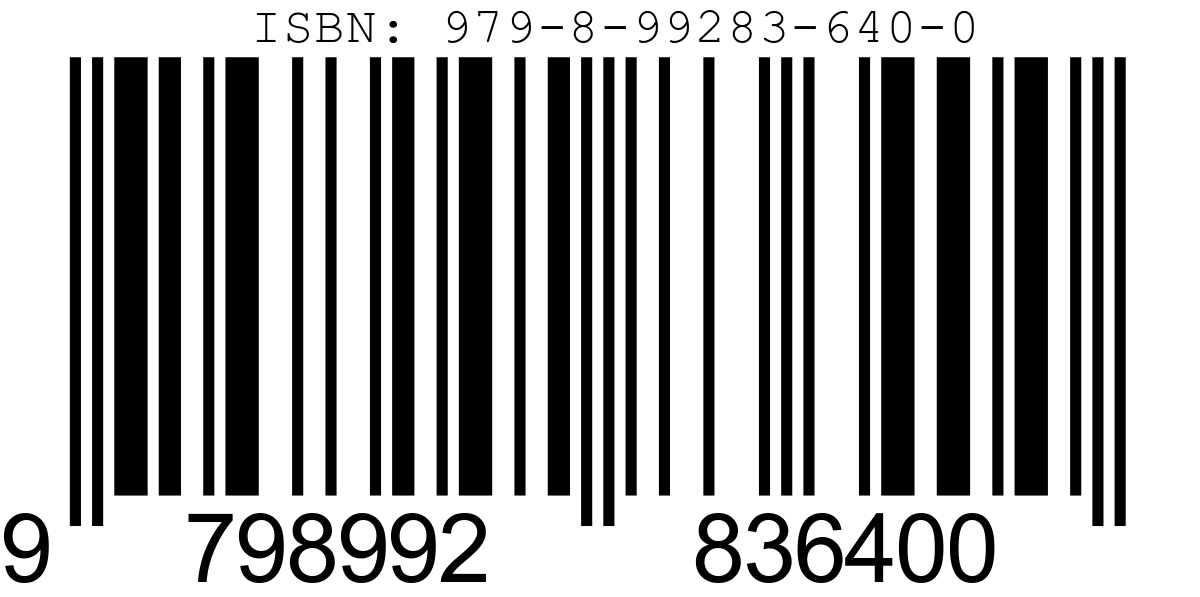
Alessandro N. Vargas (ORCID

Pages: 9-30
First published: 20 March 2025
DOI: https://doi.org/10.63408/979-8-9928364-0-0_2
This chapter examines how generative AI, specifically ChatGPT, can be used to enhance scientific writing. ChatGPT can improve communication by helping make the text clearer, coherent, and grammatically sound. ChatGPT proves particularly useful for non-native English speakers, as it shows the ability to polish texts. The chapter also underscores critical limitations, such as occurrences of factual inaccuracies and hallucinations. These issues suggest that ChatGPT should be utilized as an assistant, primarily to aid writers in refining their texts, rather than as a sole or authoritative source.
|
Book Chapter Title Generative AI in Scientific Writing: Opportunities and Ethical Challenges |
Series Title Rockefeller Series in Science and Technology |
Author Alessandro N. Vargas |
|
|
Copyright Information The Author(s) under Creative Commons Attribution 4.0 International (CC BY 4.0). |
Series ISSN (online) 3067-0667 |
ISBN (eBook) 979-8-9928364-0-0 |
|
| DOI https://doi.org/10.63408/979-8-9928364-0-0_2 |
Publisher Rockefeller Publishing Co |
||

|
 |
||
Rockefeller Series in Science and Technology (ISSN 3067-0667) is an open-access book series
published by Rockefeller Publishing Co., New York.
Books are subject to peer review and are published upon approval by
Rockefeller's Editorial Team.
All authors publish open-access books for free;
click here for further details about the Free-for-All program.